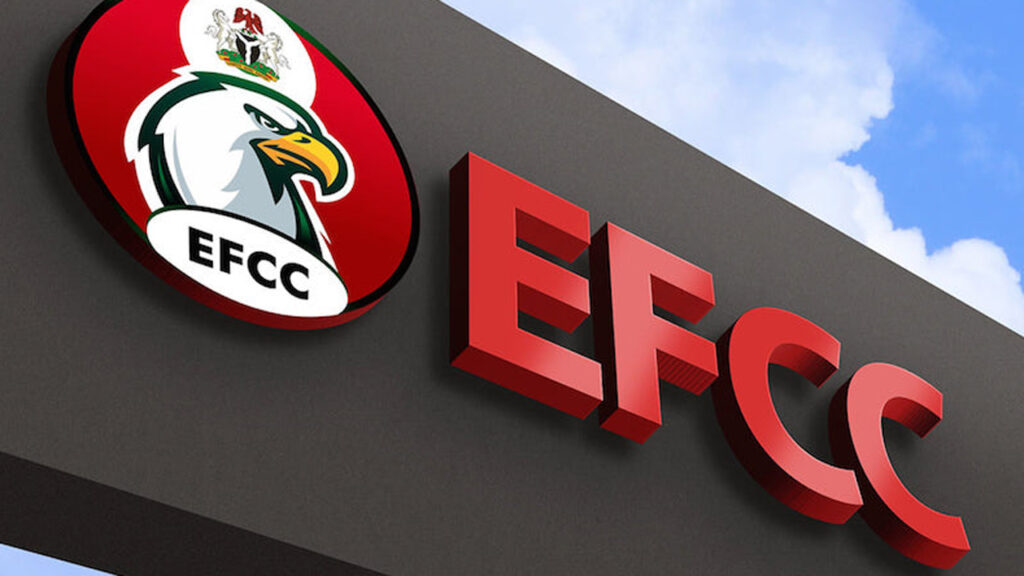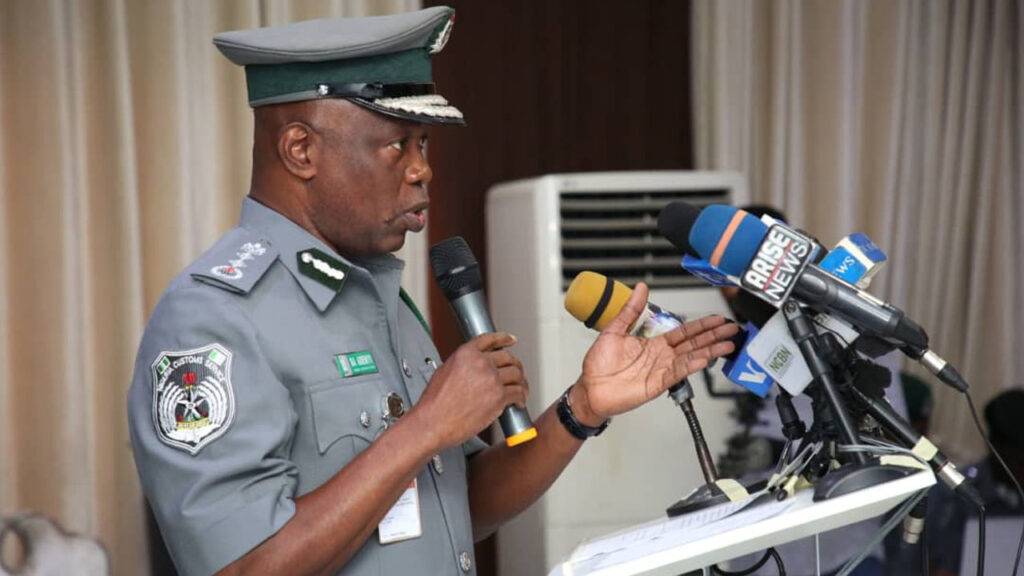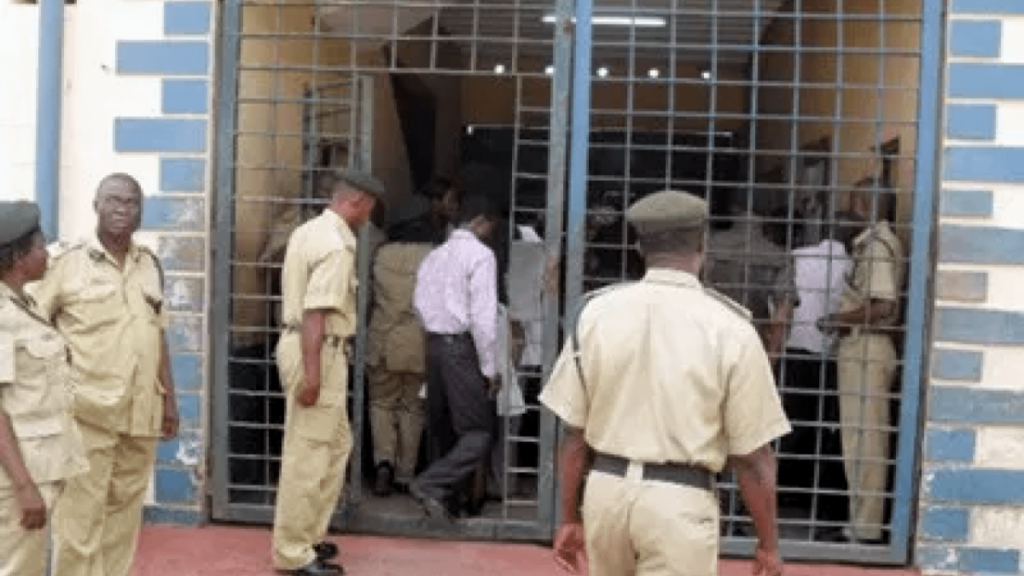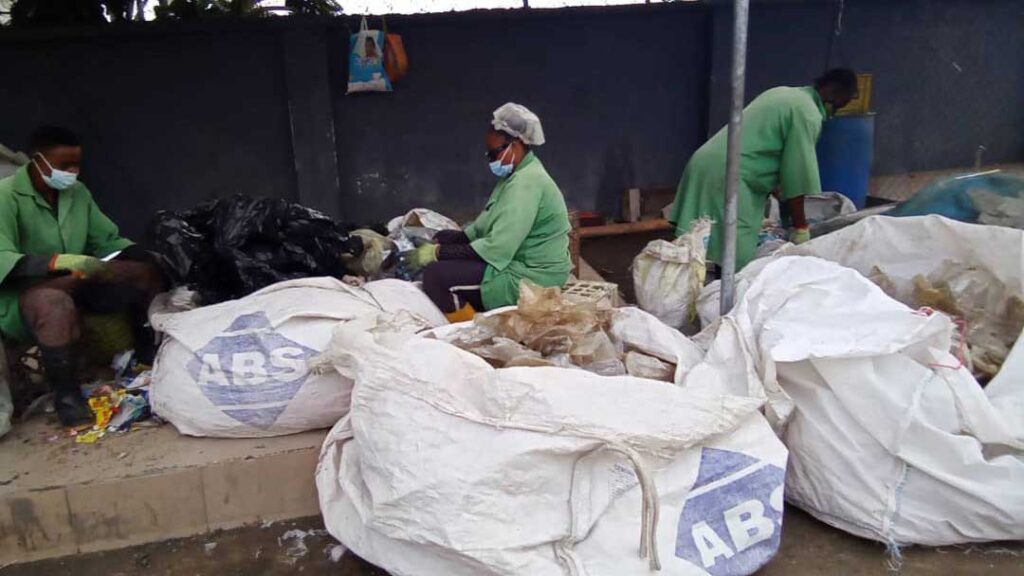
Sir: The deteriorating security of the nation’s capital, Abuja, took a frightening dimension with the abduction of Alhaji Mansoor Al-Kadriyar and his six daughters, in Bwari area council of the Federal Capital Territory, FCT, about three weeks ago. The ugly event happened on the night of December 26, 2023, raising massive concern and also instilling fear in the minds of other Nigerian residents in the seat of power.
The abductors have already killed one of Al-Kadriyar’s children after the initial ransom they demanded was not raised quickly.
However, the abduction of the Al-Kadriyars has sparked a debate on the controversial practice of paying ransoms. Prof. Isa Ali Pantami, the immediate-past minister of Communications and Digital Economy, found himself torn between the anguish of losing a loved one and the ethical dilemma of paying a ransom to bandits. Hence, he subscribed to the latter and helped mobilise N50 million to free the hostages.
Pantami’s decision to solicit funds for the abducted family’s ransom highlights the desperation and helplessness families face in abduction situations. Despite his previous strong stance against negotiating with criminals, Pantami found himself grappling with the reality of losing a family member to abduction.
The tragic incident has also shed light on the challenges faced by security agencies in tracking criminals, despite efforts like the synchronisation of SIMs with NINs in 2022. Pantami blamed the security apparatus for what he perceives as a failure in utilising digital imprints effectively.
While the debate on paying ransom continues, it is crucial to empathise with families facing the harrowing experience of having their loved ones abducted. Families, in certain situations, feel compelled to consider ransom as a desperate measure to secure the release of their kin.
Acknowledging concerns about Pantami’s decision to publicise the solicitation of funds for the ransom, it is essential to consider the complex dynamics of the situation and the broader issue of paying ransom to kidnappers. Critics argue that Pantami’s broadcast could have potential consequences for the country’s security landscape, with reports indicating an alarming increase in ransom requests and killings of victims.
However, it is crucial to recognise the profound emotional distress faced by families in such circumstances, as the broadcast serves to highlight their desperation. In putting ourselves in the shoes of the victims’ family, the question arises: What options would one have when confronted with the brutal reality of losing a family member and the looming threat to others?
In conclusion, while the broadcast raises valid concerns, it is crucial to navigate the delicate balance between addressing immediate threats and considering potential long-term consequences. The focus should extend beyond individual actions to collective efforts aimed at eradicating the root causes of insecurity, ensuring a safer and more secure environment for all Nigerians.
As we follow this heart-wrenching story, our collective hope is for the safe and swift release of all those abducted by criminals for ransom, unharmed and alive. The tragedy in Abuja underscores the pressing need for enhanced security measures to eradicate the scourge of kidnapping and banditry, ensuring that families no longer face such painful choices.
In unity, let us pray for the victims’ quick release and for Abuja, and Nigeria at large, to be free from the grip of kidnapping, banditry, and related criminal activities.
Haroon Aremu is a youth corps member with PRNigeria.













